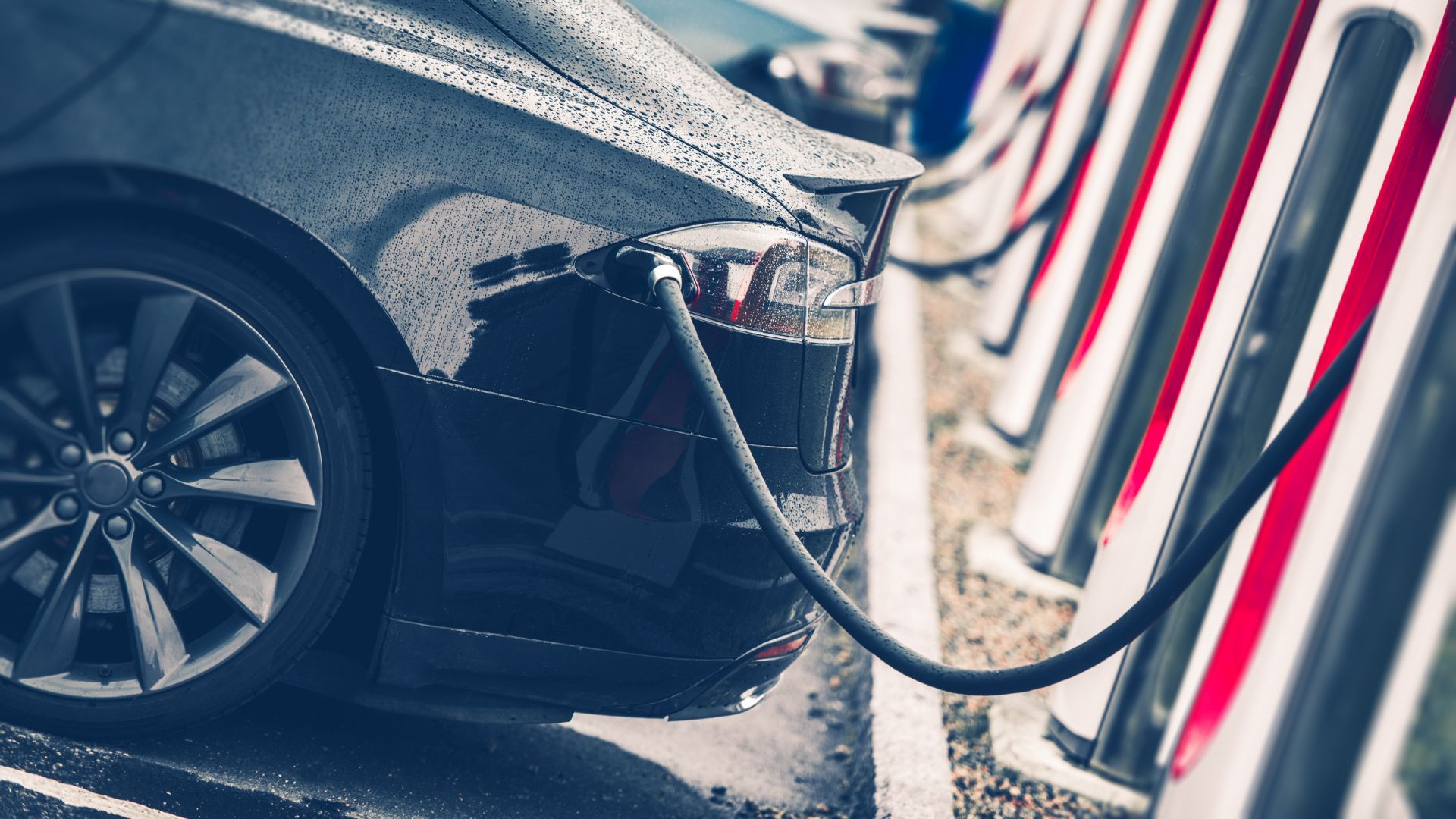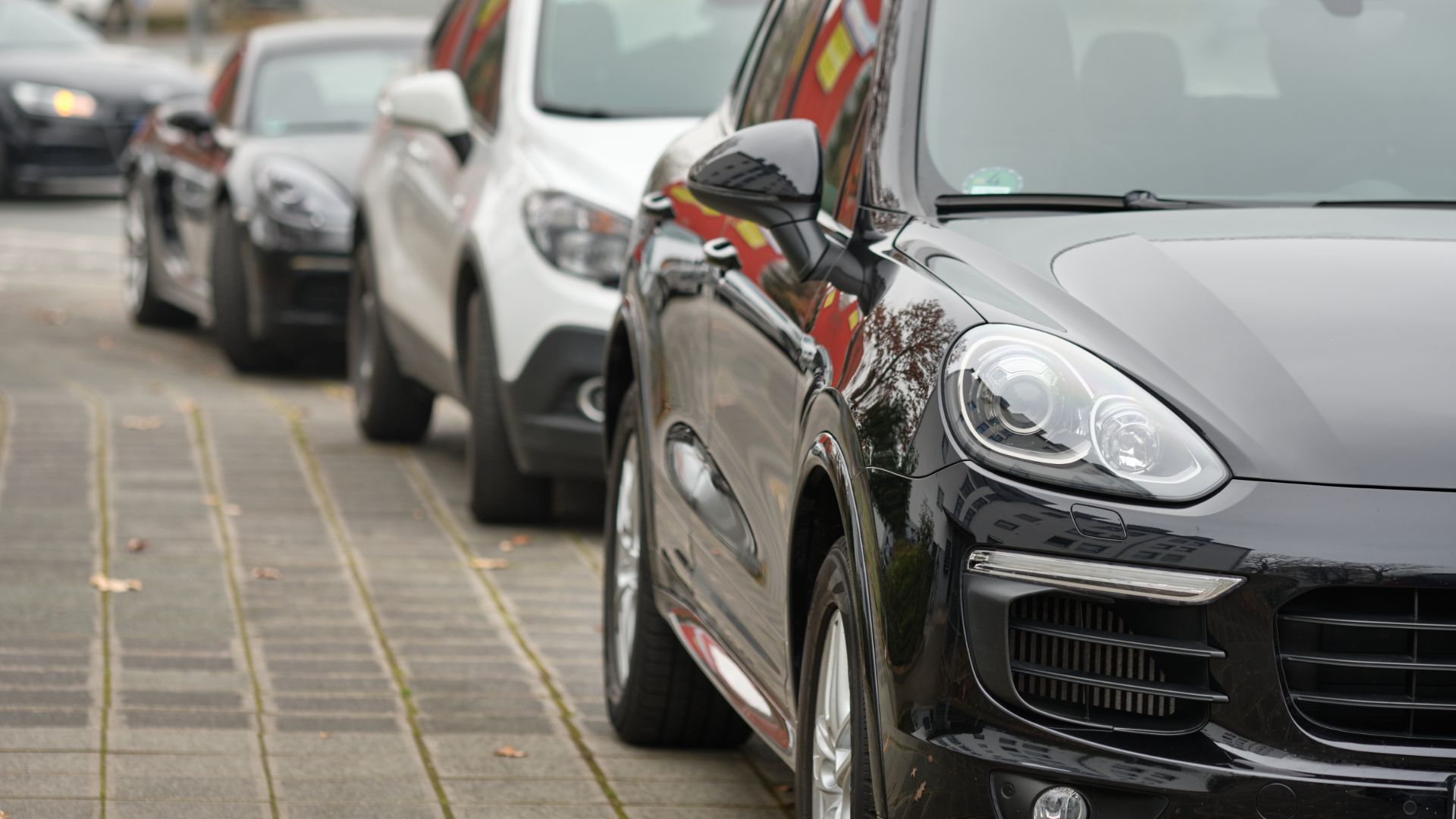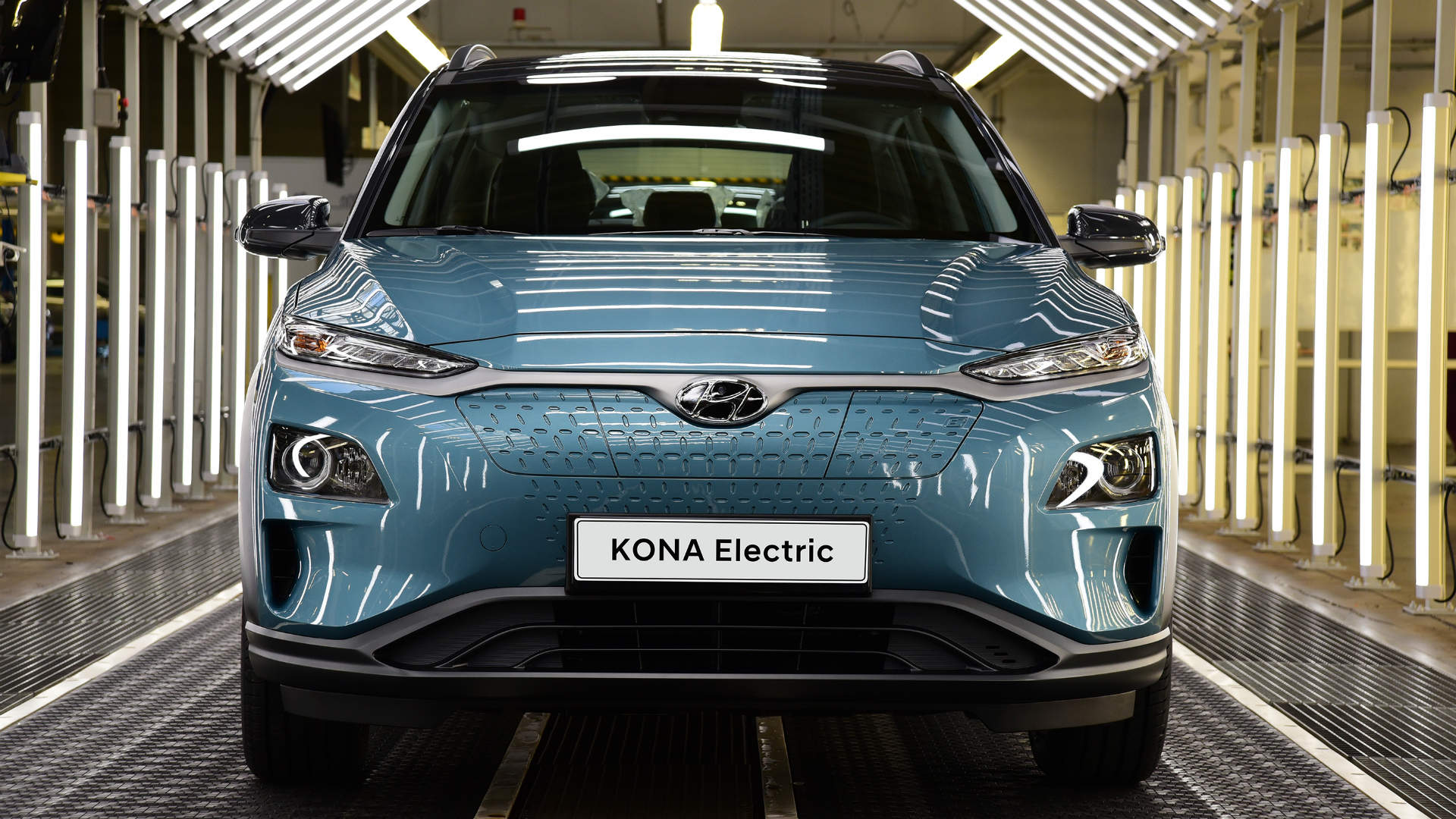
Today’s announcement that the 2040 ban on selling new petrol- and diesel-engined cars will be brought forward to 2035 – and will now include hybrids – has been welcomed by the Low Carbon Vehicle Partnership.
“We welcome the government’s proposals to bring forward the target for the ending of the sale of IC-engine cars from 2040 to 2035,” said LowCVP MD Andy Eastlake.
“The target will be challenging for industry and drivers, but if we are to meet the 2050 net zero commitment, we must raise our level of ambition in road transport.
“The intent from Government is to give some real clarity on this target and to really gather the widest views before responding in the summer.”
Transition could be sooner if feasible
- Tyre emissions 1,000 times WORSE than exhausts
In its statement, the government said if the transition to zero-emission car sales was possible sooner, they could bring it forward again.
Eastlake refers to this in his statement, saying “We believe that in this proposal ‘zero means zero’; the desire is for all new cars and vans to emit nothing under all circumstances as soon as feasible”.
2035 ban: how it could work
Drivers are currently faced with electric cars that are notably more expensive than internal combustion (ICE) counterparts, plus a charging infrastructure that’s difficult to trust. But LowCVP presents some reasons to believe the 2035 ban is feasible, in spite of these drawbacks.
“A number of challenges, but also opportunities” are presented by the bringing forward of the ban, Eastlake adds.
In terms of price, electric cars could soon be much cheaper. LowCVP cites a fall in battery prices indicating that EVs could achieve price parity with conventional cars within five years.
- Half of drivers want to buy an electrified car

It says EVs are already very appealing for many drivers, already offering viable range figures and price points, as well as savings on fuel and tax. The government also cited the surge in EV popularity in its announcement.
“This government’s £1.5bn strategy to make owning an electric vehicle as easy as possible is working – last year alone, a fully electric car was sold every 15 minutes,” said Transport Secretary, Grant Shapps.
“We want to go further than ever before. That’s why we are bringing forward our already ambitious target to end the sale of new petrol and diesel cars to tackle climate change and reduce emissions.”
‘There’s a big job to be done’
- Electric car searches up 78 percent on Auto Trader
Eastlake continues: “There’s a big job to be done; by the manufacturers in switching over production facilities over a short timescale and by organisations like LowCVP and others in making sure drivers, the energy system and key market players are fully prepared for the electric transition.
“This shortened target will heighten ambition and focus minds to meet the challenges ahead.”
What isn’t discussed of course, is the frustration within the car industry about the inclusion of hybrids in the ban, especially after so much has been invested.


